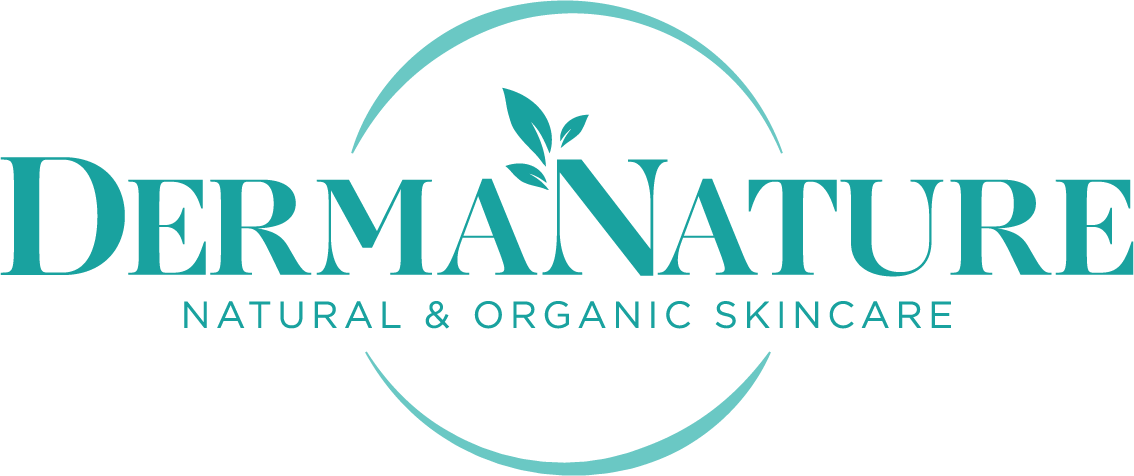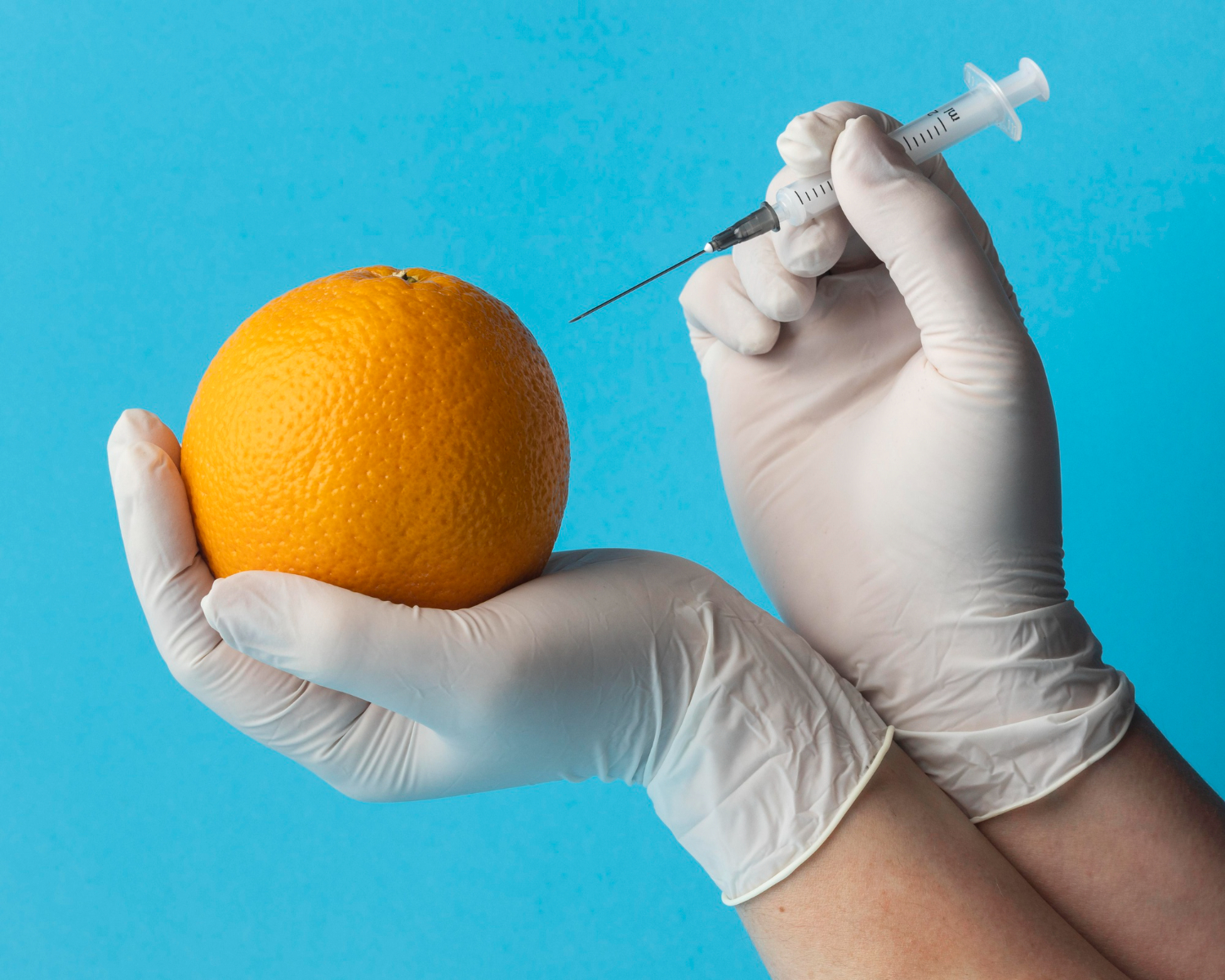In the realm of health and wellness, the significance of vitamin D cannot be overstated. Often referred to as the “sunshine vitamin,” vitamin D plays a vital role in maintaining our overall well-being. However, there are times when our bodies are unable to produce enough of this essential nutrient naturally. In such cases, vitamin D shots become a beacon of hope. This article explores the wonders of vitamin D shots and how they bring sunlight into a syringe.
Understanding the Importance of Vitamin D
The Sunlight Connection
Vitamin D is unique among all vitamins as it can be synthesized within our body through exposure to sunlight. When our skin is exposed to ultraviolet B (UVB) rays from the sun, it initiates a series of chemical reactions, ultimately leading to the production of vitamin D. This natural process is crucial for various bodily functions.
The Role of Vitamin D
Vitamin D plays a multifaceted role in maintaining our health. It aids in the absorption of calcium, which is essential for strong bones and teeth. Furthermore, it plays a pivotal role in regulating the immune system, enhancing mood, and contributing to overall cardiovascular health. A deficiency in vitamin D can lead to a range of health issues, including osteoporosis, weakened immune system, and even depression.
The Need for Vitamin D Supplementation
Factors Affecting Sunlight Synthesis
While the sun is a primary source of vitamin D, several factors can hinder our body’s ability to produce it naturally. These factors include geographic location, seasonal variations, skin color/tone – melanocytes activity, and the use of sunscreen. Also, not every area of the body is able to convert sunlight into adequate daily requirement of vitamin D. Some medical conditions and our unique genetics may not allow for our body to absorb enough of vitamin D from food or supplements. As a result, many people find it challenging to maintain adequate vitamin D levels solely through sunlight exposure.
Vitamin D Deficiency: A Widespread Issue
Vitamin D deficiency is a global concern, affecting people of all ages and backgrounds. It’s estimated that over one billion people worldwide have inadequate levels of this crucial nutrient. The importance of addressing this deficiency cannot be overstated, as it can have significant consequences for our health.
The Role of Vitamin D Shots
A Convenient Solution
Vitamin D shots, also known as vitamin D injections, offer a practical solution for individuals struggling to maintain optimal vitamin D levels. These injections contain a highly concentrated form of vitamin D, making it easier to achieve the recommended daily intake. For those with absorption issues or limited sun exposure, vitamin D shots can be a game-changer.
Benefits of Vitamin D Shots
Rapid Absorption: vitamin D shots are known for their rapid absorption rate. When taken as an injection, the vitamin D is immediately available for the body to use, providing quicker results. Some people (due to their genetics) are not able to absorb required amount of vitamin D from food or supplements.
Customized Dosage: Healthcare professionals can tailor the dosage of vitamin D shots to meet individual needs, ensuring that patients receive the right amount for their specific requirements.
Consistency: Unlike oral supplements, which may vary in their effectiveness, vitamin D shots provide a consistent and reliable source of this vital nutrient.
Improved Compliance: Some individuals find it challenging to adhere to a daily supplement regimen. With vitamin D shots, compliance becomes less of an issue, as they are administered at specific intervals.
Suitable for Medical Conditions: Patients with specific genetic disorders and certain medical conditions that affect their ability to absorb vitamin D through the digestive system can benefit significantly from these injections.
How Are Vitamin D Shots Administered?
Vitamin D shots are typically administered by a healthcare professional. The injection can be given in the arm, thigh, or buttocks. The frequency of injections will depend on the patient’s specific needs and the severity of their deficiency.
Who Can Benefit from Vitamin D Shots?
Individuals at Risk
Elderly Individuals: As we age, our skin becomes less efficient at synthesizing vitamin D, making older adults more susceptible to deficiency.
People with Limited Sun Exposure: Those who should not be tanning due to skin cancer risk and who live in regions with minimal sunlight or individuals who work indoors for extended hours may not get enough UVB exposure.
Dark-Skinned Individuals: People with darker skin require more sun exposure to synthesize adequate vitamin D, which can be challenging in certain geographic regions.
Obese Individuals: Vitamin D is fat-soluble, which means it can be sequestered in fat tissue, reducing its availability in the bloodstream. This is particularly relevant for obese individuals.
Patients with Gastrointestinal Conditions: Conditions like celiac disease, Crohn’s disease, and inflammatory bowel disease can hinder the absorption of vitamin D from the gut and nutrition.
Conclusion
In the quest for optimal health, vitamin D plays a pivotal role. When natural sunlight isn’t sufficient to meet your body’s needs, vitamin D shots offer an efficient and effective solution. By addressing deficiencies, these injections can contribute to better bone health, a stronger immune system, and overall well-being.
In summary, vitamin D shots provide a reliable means of ensuring you receive the necessary levels of this essential nutrient. Don’t let a lack of sunlight cast a shadow on your health – consider vitamin D shots as your source of “sunshine in a syringe.”

